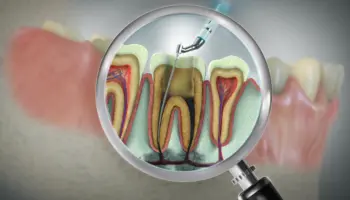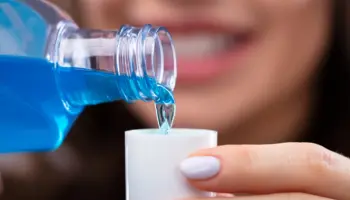Mouthwash can help with bad breath, gum health, and cavity prevention, but timing and type matter. In most cases, it's best used before or at a different time to brushing, not straight after. You don’t need to use it daily unless recommended for a specific reason. And no, rinsing with water after brushing isn’t a good idea — it reduces the benefits of your toothpaste. Here's when and how to use mouthwash properly.
Should You Rinse Before or After Brushing?
- Before brushing: Rinsing with water before brushing is fine. It can help loosen food debris, but it’s optional and doesn’t affect the effectiveness of brushing.
- After brushing – with water: Avoid it. Rinsing with water washes away the fluoride from your toothpaste, which reduces its protective effects.
- After brushing – with mouthwash: Wait at least 30 minutes if your mouthwash contains fluoride. This gives your toothpaste fluoride time to work. Using mouthwash straight after brushing can cancel out those benefits.
For best results, use mouthwash at a separate time of day — like after lunch — especially if you're using it to help with gum health or freshening breath during the day.
Should You Use Mouthwash Every Day?
- Fluoride mouthwash: Daily use is fine, especially if you're prone to tooth decay or sensitivity. It offers extra enamel protection.
- Antibacterial/medicated mouthwash: Use only as directed — often just for a few weeks. Long-term use can cause staining or affect your mouth’s natural bacteria.
- Fresh breath rinses: Alcohol-free versions are safe to use daily. If it contains alcohol, daily use may dry out your mouth.
Ask your dentist what’s best for your situation. If you're using Invisalign or have had cosmetic treatments like veneers or implants, your needs might be different.
When Is Mouthwash Most Useful?
Use mouthwash when:
- You have braces or aligners and want to reach tricky areas
- You’re recovering from a dental procedure and need extra bacteria control
- You suffer from bad breath or dry mouth
- You're at higher risk of gum disease or decay
It’s not a substitute for brushing or flossing — just an extra tool when used at the right time.
Which Mouthwash Should You Choose?
- Fluoride rinses: Help strengthen enamel and prevent decay
- Antiseptic mouthwash: For gum problems or bad breath (short-term use)
- Alcohol-free: Best for regular, daily use — especially if you have a dry mouth
We always advise choosing based on your personal dental needs. We’re happy to recommend one that suits your situation, whether you’re undergoing treatment or maintaining good hygiene between visits.
The Bottom Line
- Don’t rinse with water straight after brushing
- Wait 30 mins before using mouthwash if it contains fluoride
- Use it daily only if it suits your dental needs
- Mouthwash works best as a support, not a replacement
Want tailored advice? At our Basingstoke practice, we help patients get the most from their routine — whether it’s choosing the right rinse, improving your dental hygiene or managing oral health during treatments like Invisalign.


